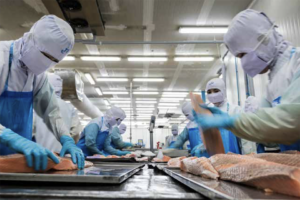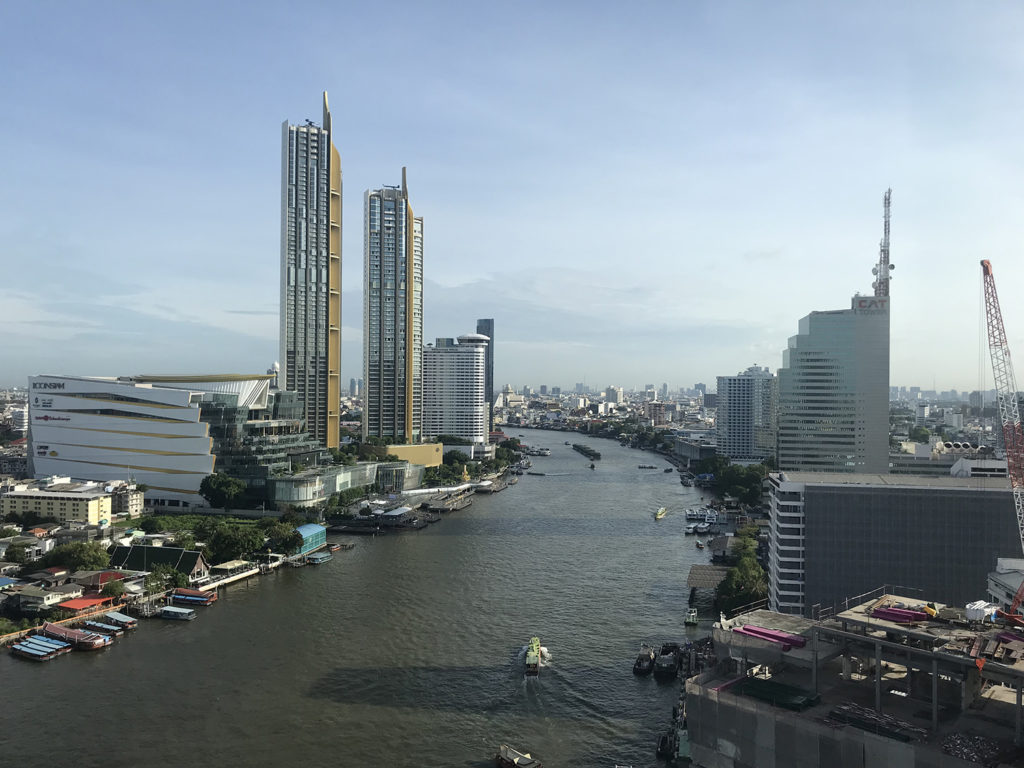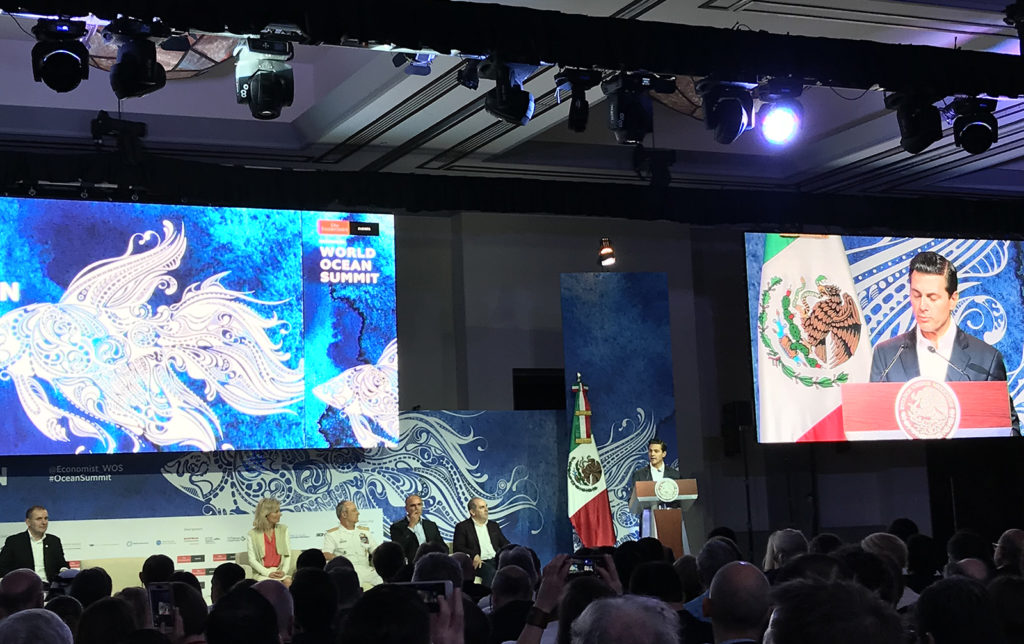Seafood Stewardship Index measures corporate performance toward the United Nations Sustainable Development Goals, or SDGs

For the second consecutive time, Thai Union Group PCL was ranked No. 1 on the Seafood Stewardship Index (SSI) for its work toward meeting the United Nations Sustainable Development Goals (SDGs). Thai Union also ranked first in the inaugural SSI rankings in 2019.
SSI measured and assessed the performance of 30 of the world’s largest seafood companies in four key areas: Governance and Strategy, Traceability and Social Responsibility – categories in which Thai Union ranked first overall – as well as Ecosystems.
The publicly traded Thai Union, which had sales of (THB) 132.4 billion (U.S. $4 billion) has a broad portfolio of shelf-stable, chilled and frozen food brands, including Chicken of the Sea and John West.
“At Thai Union, we have an unwavering commitment to sustainability, not just within our company but across the global seafood industry,” said Thiraphong Chansiri, Thai Union CEO, in a release. “To be ranked number one again by the Seafood Stewardship Index is not just a moment of great pride for Thai Union, but also a great reflection on the incredible commitment and dedication of our team, which is constantly striving to make continuous improvement across our industry in line with our corporate goal of “Healthy Living, Healthy Oceans.”
Norwegian farmed salmon company Mowi was ranked second overall and was the top-ranked company in the Ecosystems category. For a full list of the rankings, please visit here.
Wrestling with a ‘generational’ problem, Thai shrimp industry rates higher
The SSI assessed the companies to understand how and to what extent they are contributing to the sustainable management of the oceans and coastal ecosystems and to the SDGs.
“By controlling a significant portion of marine catch and aquaculture production as well as large parts of the seafood value chain, these companies can deliver a significant, unique and actionable contribution to the SDGs and food system transformation. Despite the global importance of seafood, fisheries and aquaculture face a number of serious social and environmental challenges. These include overfishing, antibiotic resistance, impacts on biodiversity, unethical labor practices and human rights violations worldwide. The largest companies have the opportunity now to address those issues,” SSI stated in its report.
Follow the Advocate on Twitter @GSA_Advocate
Now that you've reached the end of the article ...
… please consider supporting GSA’s mission to advance responsible seafood practices through education, advocacy and third-party assurances. The Advocate aims to document the evolution of responsible seafood practices and share the expansive knowledge of our vast network of contributors.
By becoming a Global Seafood Alliance member, you’re ensuring that all of the pre-competitive work we do through member benefits, resources and events can continue. Individual membership costs just $50 a year.
Not a GSA member? Join us.
Author
Tagged With
Related Posts

Aquafeeds
After testing new feed ingredients, Thai Union finds reluctant uptake
The company has engaged in feed trials with both algae and microbial meals, before its sustainability director said farmers, “by and large, don’t want it.”

Responsibility
SeaWeb Seafood Summit in Thailand highlights rise of worker voice
Patima Tungpuchayakul, who rescued more than 5,000 Thai and migrant workers on fishing vessels, punctuates an emotional event kickoff.

Intelligence
10 takeaways from GOAL 2019 in Chennai, India
The Global Aquaculture Alliance held its GOAL conference in Chennai, India, and recruited a host of experts in various fields to share their expertise.

Responsibility
At World Ocean Summit, Mexico asks: What do we want our oceans to be?
While talk of preservation and conservation dominated the annual event, a blunt query reminded all that the oceans need protection and sustainable development.


